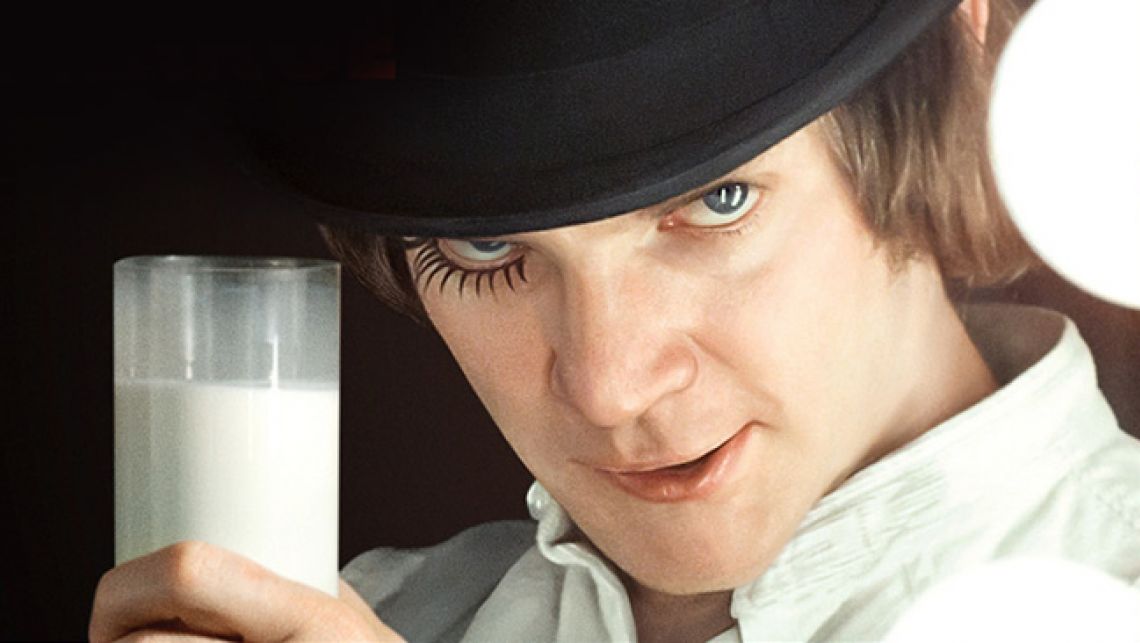
The ethics of Immanuel Kant, also called Deontological ethics, came as a challenge to the utilitarianism of Jeremy Bentham (i.e. the greatest good for the greatest number of people) during the mid to late 18th century. When considering the philosophy of Kant, one must think about a number of his principles. One of them being Kant’s notion of a morally good action.
For Kant, an action is good if the intent behind it is good. Kant does not consider the consequences as important as the intent behind the action. Furthermore, an action is good if it can be universalized, meaning if one can say that if one can live in a world where everyone does the aforementioned action all the time, it is a good action.
Finally, one has a responsibility to be morally good and one must choose to freely commit morally good acts. There have been many modern films that have raised questions that align with the questions posed by Kant.
1. The Dark Knight (2008, Christopher Nolan)
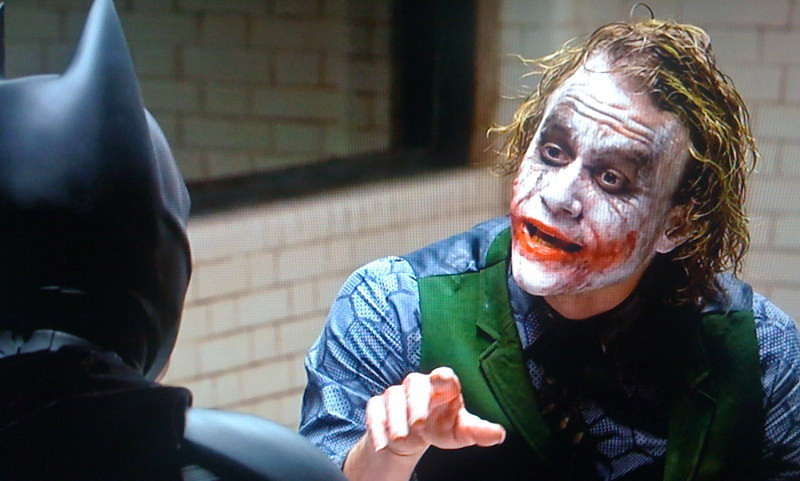
“The Dark Knight” poses some of the most intriguing Kantian dilemmas. Batman faces the daunting decision of having to choose between saving the love of his life, Rachel Dawes, or the person who may have the ability to become the true savior of Gotham, Harvey Dent. His choice to save Dent sets forth a chain of events that leads to Dent becoming the notorious villain Two-Face, who is bent on revenge. Batman acted morally, according to Kant. His intention in saving Dent would have resulted there to no longer being a need for Batman, and would help initiate a reform within the corrupt city government.
Though his choice is moral according to Kant, paradoxically, Bruce Wayne does not fit the categorical imperative as he discourages imitators. This creates even more questions and further complicates the nature of Kantian ethics. Batman’s intentions, his message and his symbol to inspire people who can change the system, was initially behind the wave of crime instead of inspiring more vigilantes, which would simply result in more chaos.
The Joker represents the antithesis to Kantian ethics. His actions and intentions are simply aimed at causing chaos throughout the city. He forces Batman to question his own message and symbol through his kidnapping of both Dawes and Dent. He makes Wayne choose between himself as a man and what he stands for as Batman. The Joker’s intention is to question ethics on a whole and bring about a sense of nihilism.
Furthermore, his action of making the citizens of Gotham choose whether or not to blow up the boat of prisoners, and vice versa, represents a challenge of Kantian ethics. Here, the categorical imperative is questioned (i.e. would one live in a world where everyone chose to blow up a boat full of prisoners?), and here utilitarianism is also questioned. Is the greatest good for the greatest number of people worth the bloody consequences?
Finally, the means by which Batman is able to defeat the Joker presents a Kantian ethical dilemma. Batman uses enhanced, obtrusive monitoring software. This prompts Lucius Fox to give Wayne an ultimatum: if he goes along with this, the software must be destroyed afterward.
Kant’s notion of duty here is put to the test; Batman has a responsibility to defeat the Joker, but the question is how far should that duty extend. In other words, would one care to live in a world in which the only way to deter evil is to have our privacy invaded? In today’s society, this question is hardly a hypothetical.
2. Groundhog Day (1993, Harold Ramis)
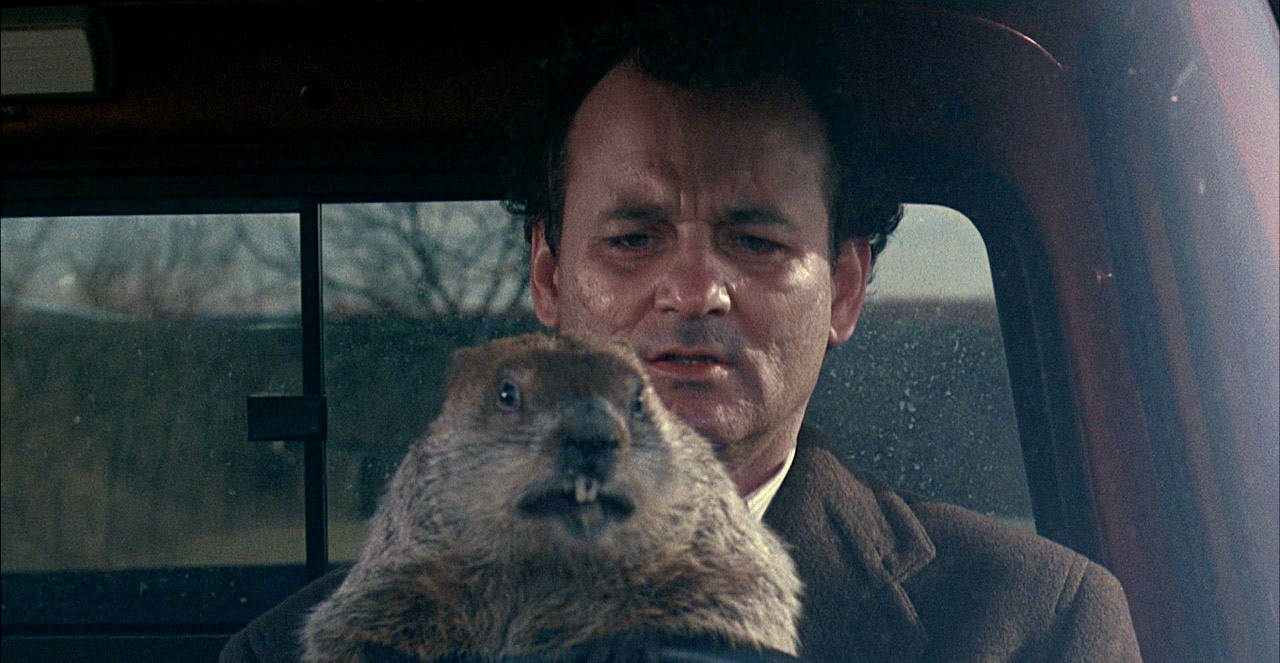
“Groundhog Day” presents the two ends of Kantian ethics. The story is known by most moviegoers. Phil Connors, an egotistical weatherman, begins to experience the same day over and over again in the town of Punxsutawney on Groundhog Day. Connors’ initial response to his newfound circumstance is one of hedonism. He steals, drinks heavily, drives recklessly, seduces the town’s women, and attempts to manipulate his attractive coworker, Rita (Andie MacDowell), by finding out more and more about her each day.
Connors eventually comes to the realization that he cannot continue on this way. He sees the hollowness of his actions and even attempts suicide a number of times. Connors comes to a decision that aligns with Kantian ethics.
He eventually decides to make the lives of the townspeople better through his actions. His new actions reflect a Kantian categorical imperative, one in which a person acts without self interest to make the lives of those around him better. Through his new perspective, he is able to escape the recurring cycle.
3. The Insider (1999, Michael Mann)
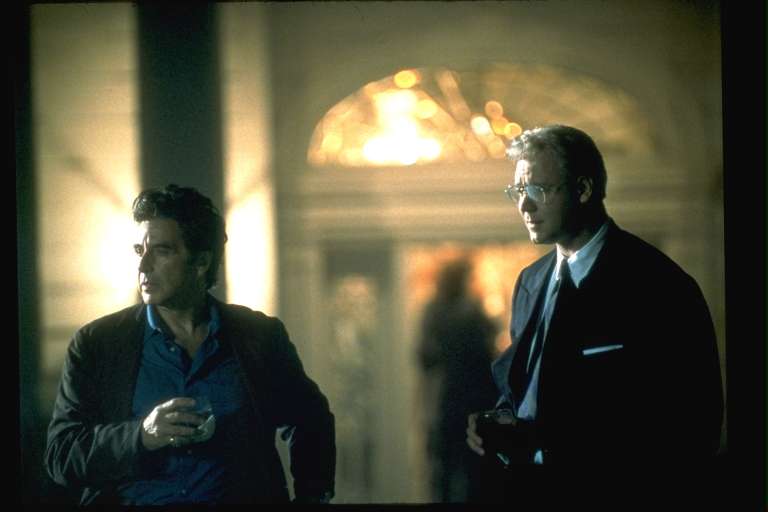
We now turn to Kantian ethics applied to the corporate world (something that perhaps is not done enough). “The Insider” tells the story of tobacco corporate whistleblower Jeffrey Wigand. He appeared on 60 Minutes and stated how the tobacco company Brown & Williamson increased the amount of nicotine in their cigarettes to make them more addictive.
Wigand’s actions led to numerous lawsuits being filed, and his actions bring up a number of important questions relating to Kantian ethics. According to Kant, one has a duty to the common good. In the film, Wigand faces the question of which is more important, his duty to alert the public or his contractual obligation to his employer to keep quiet about the information he knows.
One can also apply Kantian ethics to Wigand’s motives. On the one hand, one can see how he would want to alert the public of such shocking health concerns in his company’s products. However, conversely, Wigand was fired from Brown & Williamson and one has to question whether he would have chosen to breach his contract if he knew he would be fired. Wigand acted correctly according to Kant’s categorical imperative. However, it is still unclear if Kant would deem Wigand’s actions moral because it is so hard to establish his intent.
4. Dead Man Walking (1995, Tim Robbins)
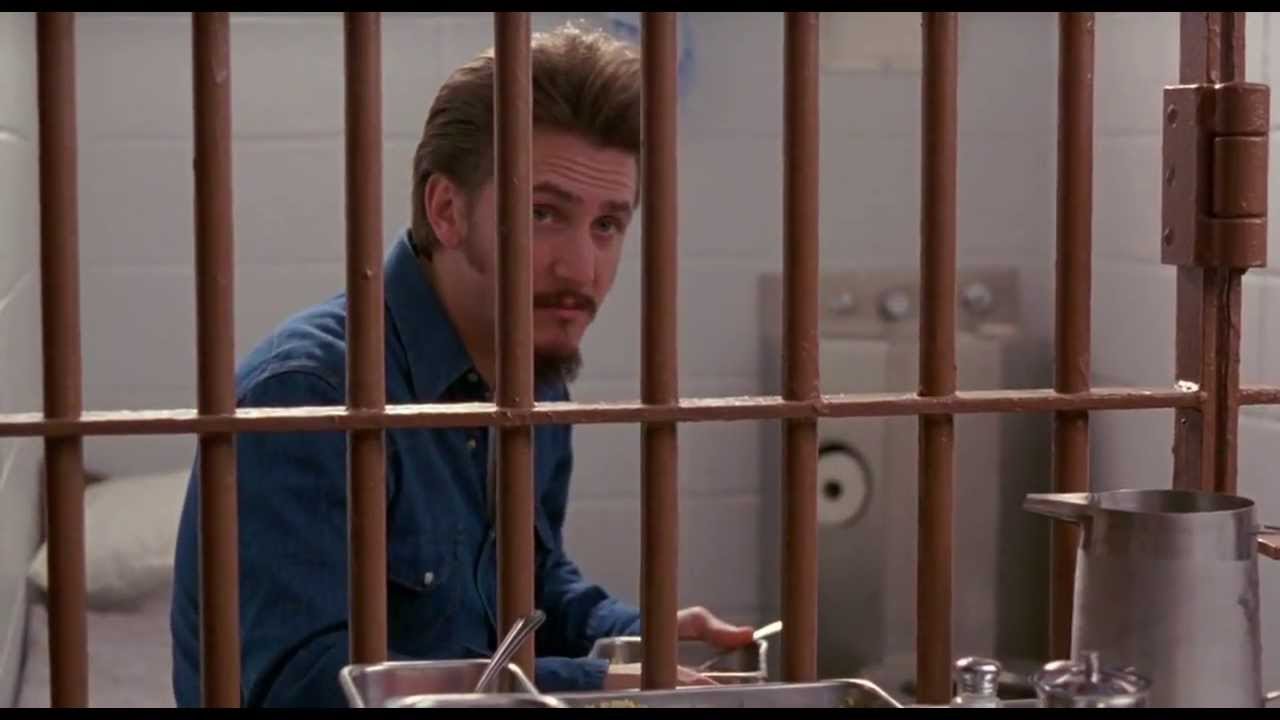
Here, we have another film dealing with the death penalty, but from a very different point of view. In this thought-provoking film, Susan Sarandon plays Sister Helen Prejean, a nun who counsels convicted killer Matthew Poncelet (Sean Penn).
Sister Prejean perfectly exemplifies Kant’s notions of duty and intent. She attempts to provide solace to both Poncelet and the victim’s family. She has no personal gain at stake in her actions; she freely chooses, amidst anger coming from both sides, to go to great lengths to provide solace to a lost soul and a grieving family.
Kant himself had a view on capital punishment. He felt that it violated a person’s rights because they were simply being used as a means to promote deterrence, and therefore not being treated as a full person.
5. Crimes and Misdemeanors (1989, Woody Allen)
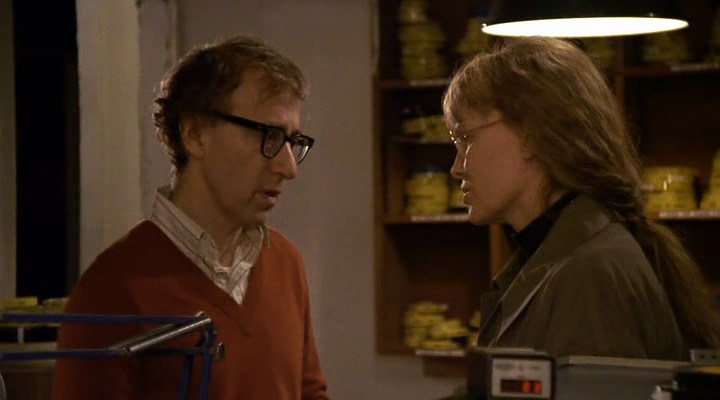
Fans of Woody Allen know that there is always a philosophical edge to his films. After “Interiors”, his 1978 follow-up to “Annie Hall”, he began to delve deeper into darker subject matters. And what subject can be darker than murder?
In the film, Judah (Martin Landau), a successful eye doctor, is at risk of having his family and business torn apart by his mistress (Anjelica Huston). Judah’s response after pondering the situation is to have her killed, and pin the murder on a lifelong criminal, who he has never met. Judah ends up getting away with this but not without internal suffering.
This conclusion is contrary to Kant’s categorical imperative. Judah’s actions cannot be universalized. One may come away from this film thinking, “okay, so being non-virtuous really does pay off”. However, during the final scene as Judah and Allen’s character sit discussing Judah’s crime (in the form of a movie idea), Allen’s character subverts Judah’s idea of rationalization.
Cliff Stern: “Here’s what I would do. I would have him turn himself in. ‘Cause then, you see, your story assumes tragic proportions because, in the absence of a God, he is forced to assume that responsibility himself. Then you have tragedy.”
Judah Rosenthal: “But that’s fiction. That’s movies. You see too many movies. I’m talkin’ about reality. I mean, if you want a happy ending, you should go see a Hollywood movie.”
Here the movie assumes a sort of self-consciousness, and Allen subverts the idea that this conception of murder can be universalized.